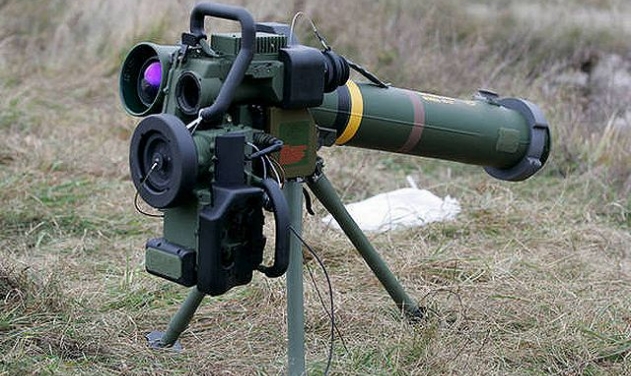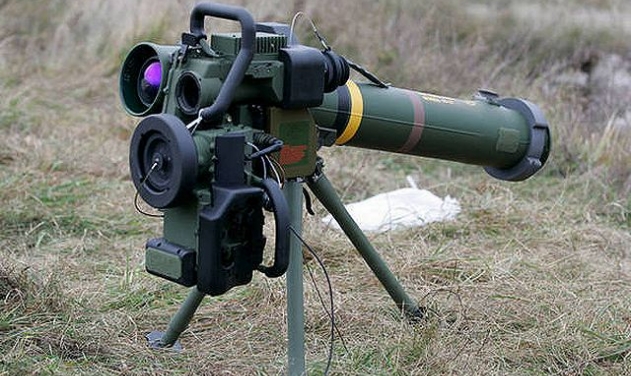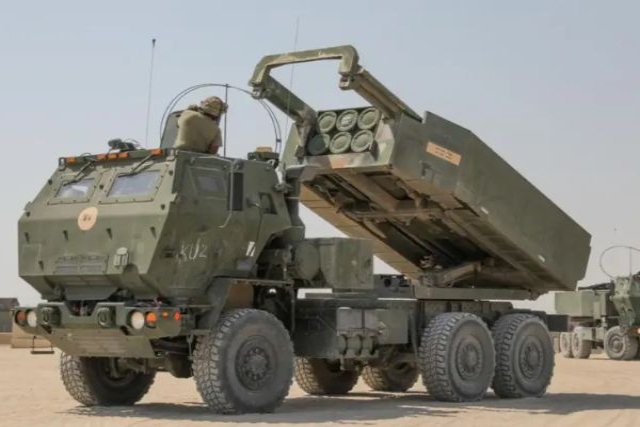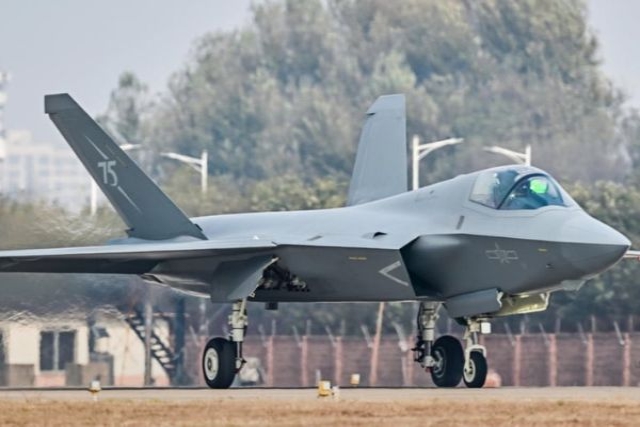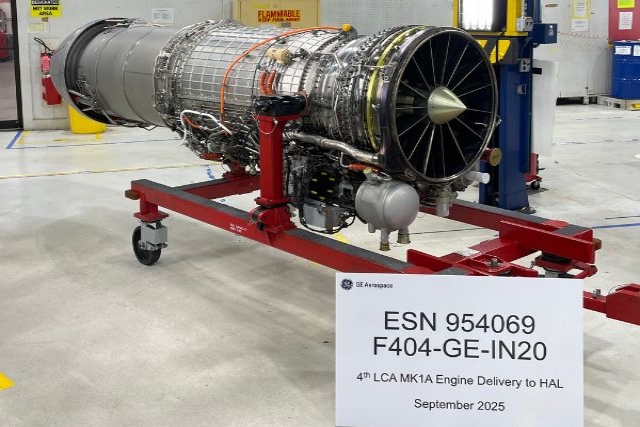Indian Nag Missile Tests Could Jeopardize $500M Spike Missile Deal: Israeli Media
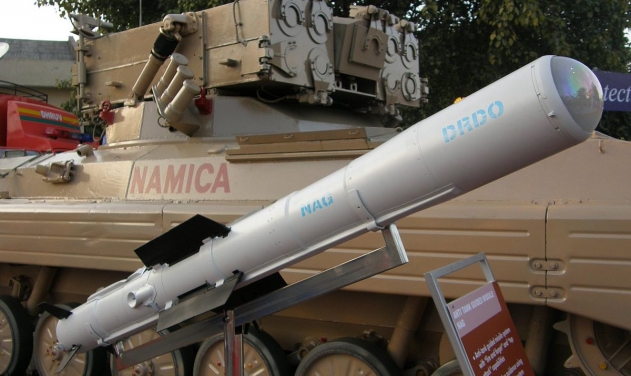
India's successful testing of its Nag anti-armor missile could jeopardize a potential deal to purchase Spike Missile from Rafael of Israel worth US$500 million, reports appearing in Israeli media suggest.
The fate of the deal is again clouded in doubt with India continuing to develop its own anti-tank missile, which will compete with the Israeli missile. India’s Defense Research and Development Organization (DRDO) tested its anti-tank guided missile (ATGM) NAG 190 in desert conditions against two tank targets last week, Globes reported Tuesday.
India had expressed interest in buying Spike anti-tank guided missiles (ATGMs) through the government-to-government (G-to-G) route in January, two months after it decided to cancel a deal to procure the weapons after the Defence Research and Development Organization (DRDO) expressed confidence of producing the indigenous Nag ATGM.
Israeli sources say India's NAG 190 anti-tank missile will not be operational for five years despite claims it will be ready by 2019, the news daily reported.
However, in India itself, experts believe that the NAG 190 will be full developed by the end of the year.
The proposal to acquire the missile system from the Israeli firm faced hurdles when it apparently expressed reservations in ensuring full transfer of technology as per the provisions of the 'Make in India' initiative.
"Following the talks I had with Prime Minister Narendra Modi, the Indian government has informed us that it is putting the Spike deal back on track,” Israeli Prime Minister Benjamin Netanyahu had said during his visit to New Delhi in January.
“They are reauthorizing the Spike deal,” Netanyahu told Israeli journalists.
Netanyahu’s remarks on the deal did not spell out if it would still be worth $500 million. A proposal for fewer Spike ATGMs is likely to be considered to meet urgent operational requirements of the Army until the DRDO-developed missile is inducted into service, Financial Express had reported.
India's Kalyani group and Israel's state-run Rafael Advanced Defence Systems had commissioned Rs 70 crore production facility near Hyderabad in August last year, anticipating that the Israeli firm would bag the contract.


